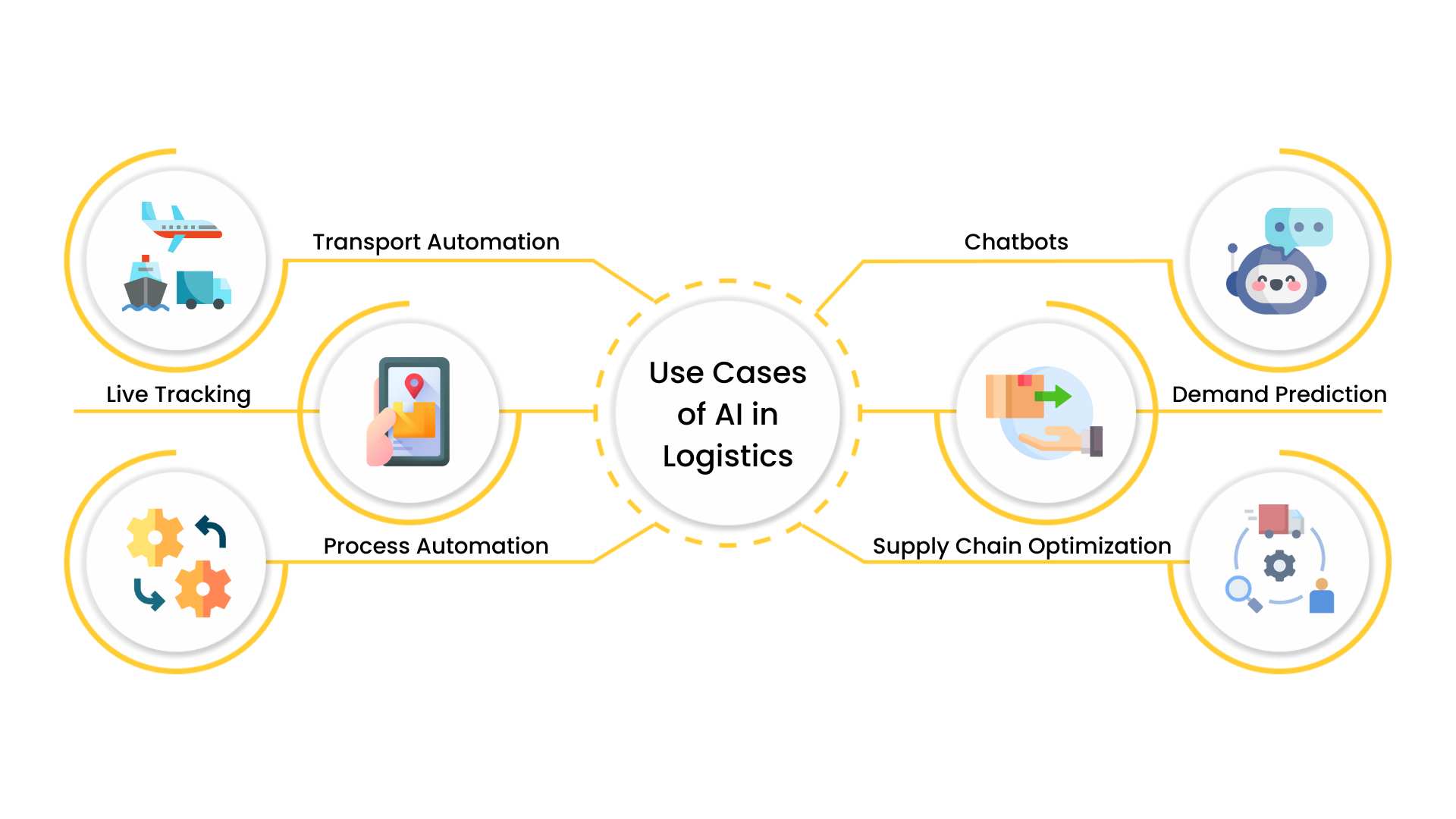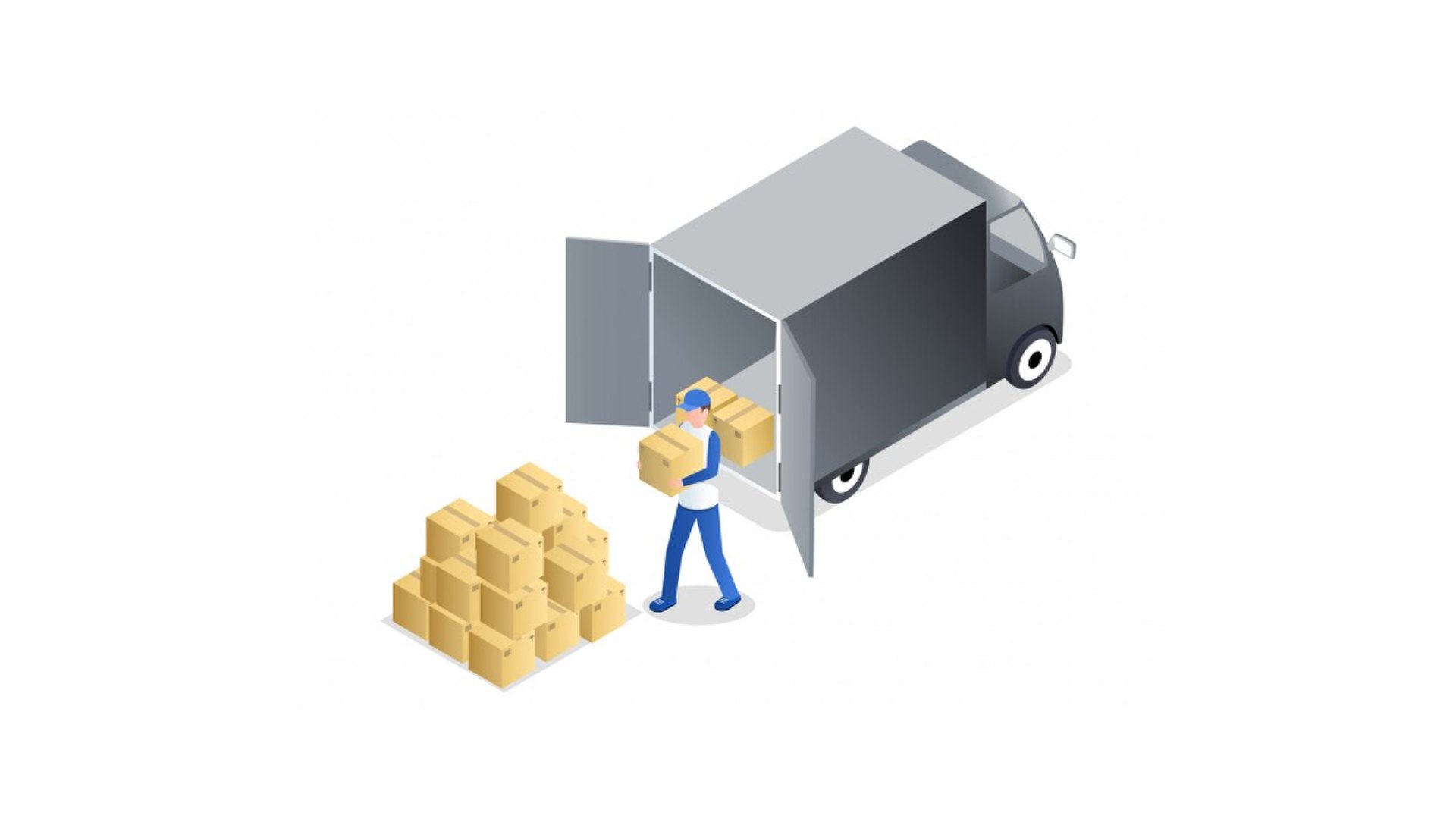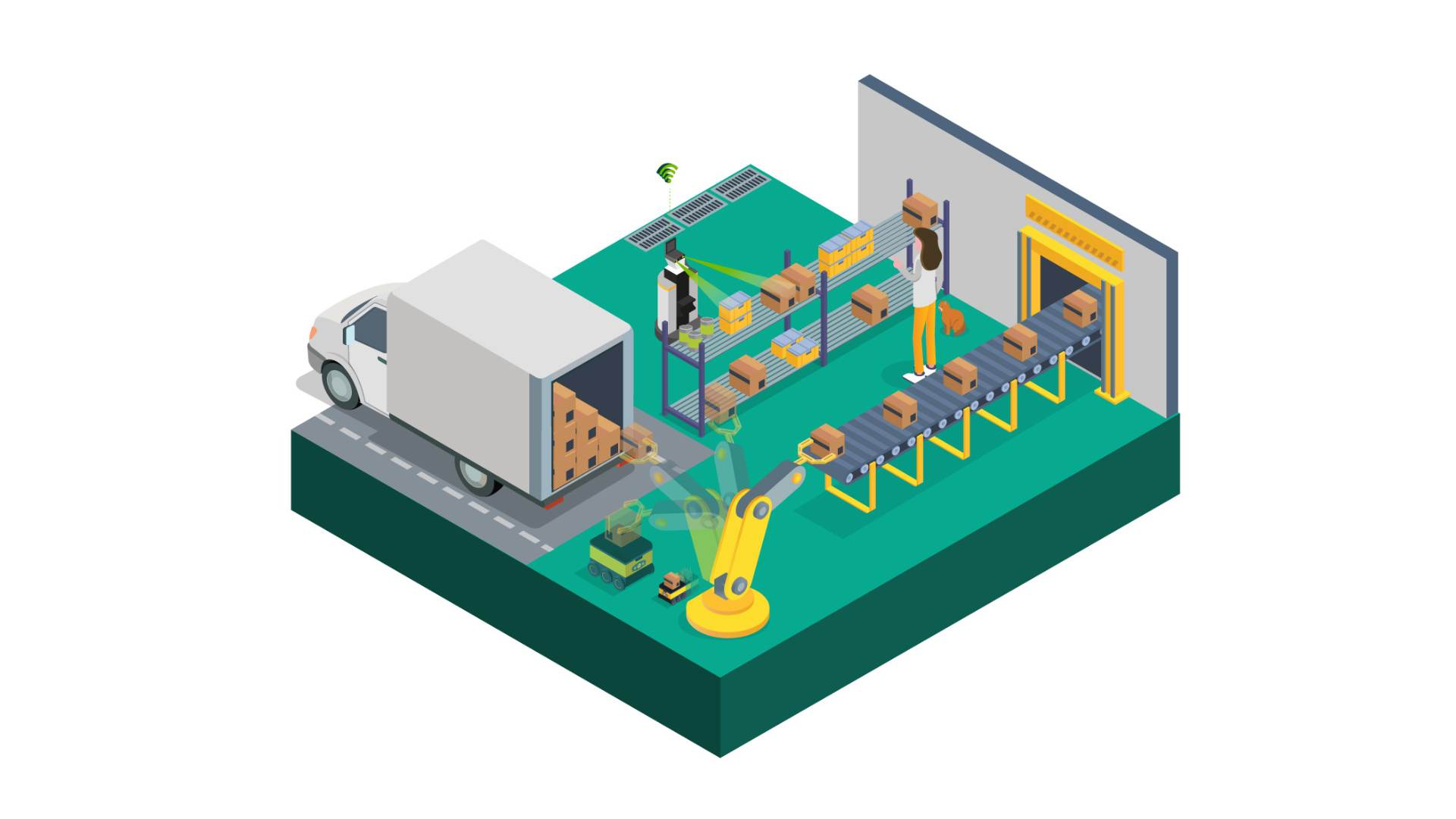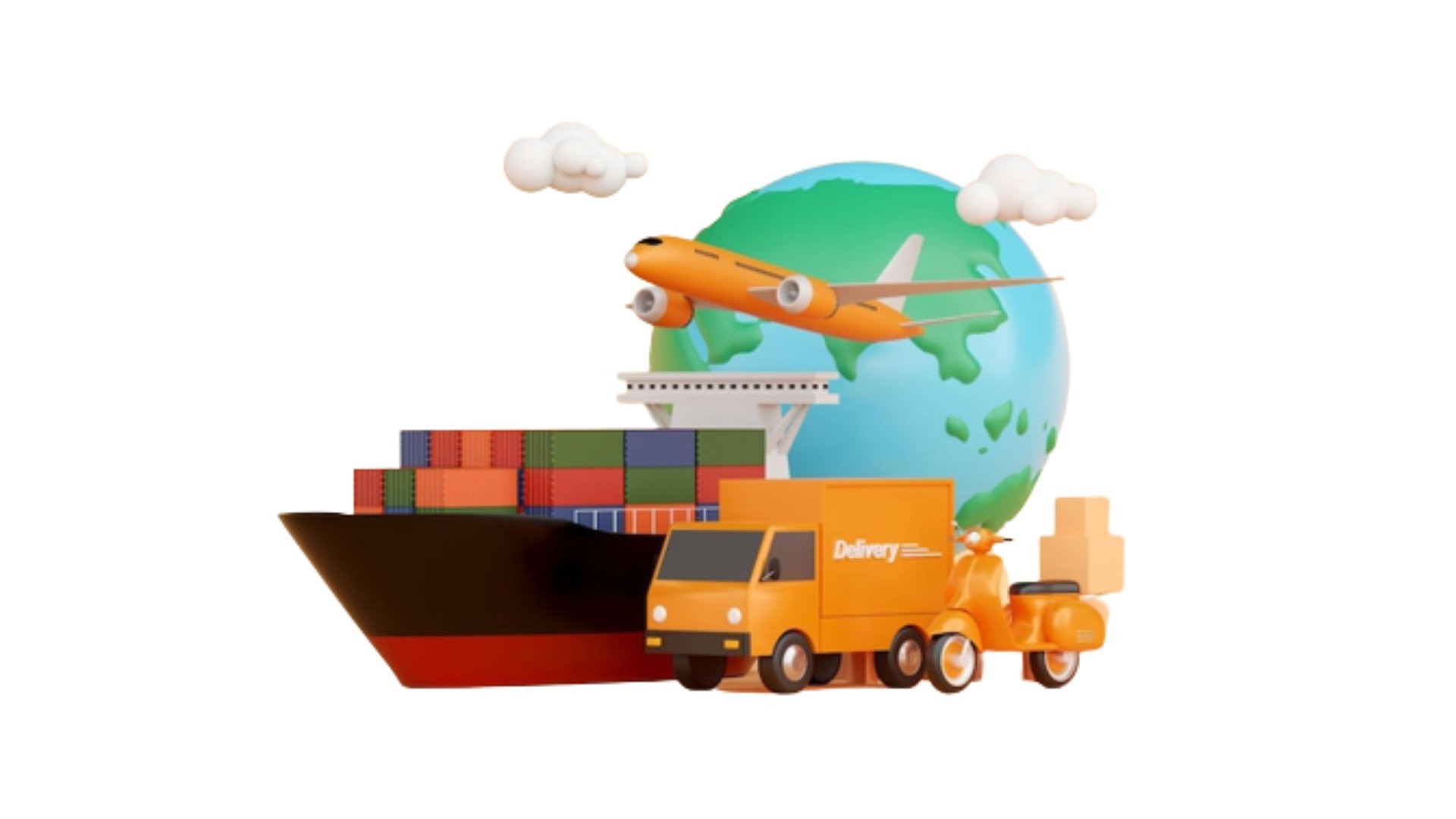
Logistics Companies are actively adopting modern technologies such as AI to automate tasks that take up too much time and resources. Vehicle Tracking, Warehouse Automation, Predictive maintenance and analytics, and Product Counting are some of the most well-versed solutions offered by Artificial Intelligence and Machine Learning.
Many Companies are utilizing these technologies for generating maximized revenue and have come to know the true value of machine learning algorithms. AI models not only help with the delivery of goods and services but also improves the production rate. Tech Giants like Google and Tesla are implementing AI into their products and have heavily invested in their potential future.
The best thing about any AI solution is that it learns on its own by recognizing patterns and features in the given dataset. It can also be trained to perform functions much faster by tweaking the algorithm just enough.
AI can be used for getting accurate forecasting of raw materials needed in the next shipment and predictive analytics for machines and vehicles. Transportation systems use data from various sources Weather, Routes, and Forecasts, and recommend actions based on that information through the use of AI.
Supply Chain applications can be built using machine learning algorithms with better predictive analytics tools. These prediction tools can accurately determine the average waiting time by just entering the location and day, it can also provide better predictions of appointment times and dynamic Estimated Time for Arrivals.

Many Logistics & Supply Chain companies are utilizing Chatbots to carry out automated registration processes along with solving customer queries and feedback.
AI-based chatbots can help in two essential ways:
Customers can interact with Chatbots for placing any sort of orders. The Chatbot will handle significant order details like pickup and delivery location, dates, and rates. It can even send receipts directly to the client’s email in an automated way.
With the rise of AI, Clients now don’t have to type the entire tracking number in the shipments section every time to know the purchase situation. Instead, they can ask Chatbot and get help right away with all their queries and issues.

With the implementation of Big Data, logistics companies are able to make accurate predictions and improve performance exponentially. AI-based solutions can enhance predictive analytics and improve automation to achieve maximum efficiency.
Artificial intelligence in logistics can be used for smart management of operations carried out in warehouses. Robots can be put in place that can identify, sort, move and track inventories, without the need for any human interference.

The idea of having self-driving car systems in logistics is going around for some time now. This technology is considered to be much more safer and reliable as it outperforms human driving capabilities. With the development of modern sensor systems and 3D Picture formulation technology, self-driving cars are just 3-4 years ahead of us. These cars can recognize traffic signals and laws, avoid barriers, interpret road signs and many other things by applying advanced AI algorithms to sense and forecast changes in their surroundings.
AI can be used in supply chain automation to perform repetitive, error-free, and technical tasks. Given below are some of the supply chain tasks that can be automated with AI:

AI-enabled demand forecasting applications can significantly increase the accuracy of forecasts and provide data for advanced analytics.
Computer Vision systems are used to improve quality control and inventory management. AI-enabled bots can be used to automate repetitive tasks such as scanning inventory in real-time.
One of the best use cases of AI in logistics is enhancing customer experience. This can be achieved through personalization and product recommendations based on the purchasing habits of the consumers. In the bigger picture, customers show more loyalty toward the brand if they receive more personalized services.
AI can help effectively manage resources for driving better business growth. Systematic planning is critical for developing customer satisfaction. Furthermore, AI can assist in reducing expenses and optimizing the movement of commodities along the supply chain.
Computer Vision technology can recognize damaged products and evaluate the type and depth of damage, thus preventing future harm and taking timely action. AI-based sensors and algorithms are used to check the quality of fresh product goods.
Read More:
https://datenwissen.com/blog/video-analytics-in-manufacturing-industry
One of the most effective ways to improve your supply chain operations is to leverage new technologies. Artificial intelligence is critical to enhancing logistics and supply chain operations. It can give you a competitive advantage and comes at an affordable price range.
Artificial intelligence can drastically improve the efficiency of processes and provide better accuracy. We at Daten & Wissen provide cost-effective and tailor-made AI solutions that will surely affect your business in a positive light.
We will be happy to help you :D
This website uses cookies to improve your experience. We'll assume you're ok with this, but you can back-out if you wish.